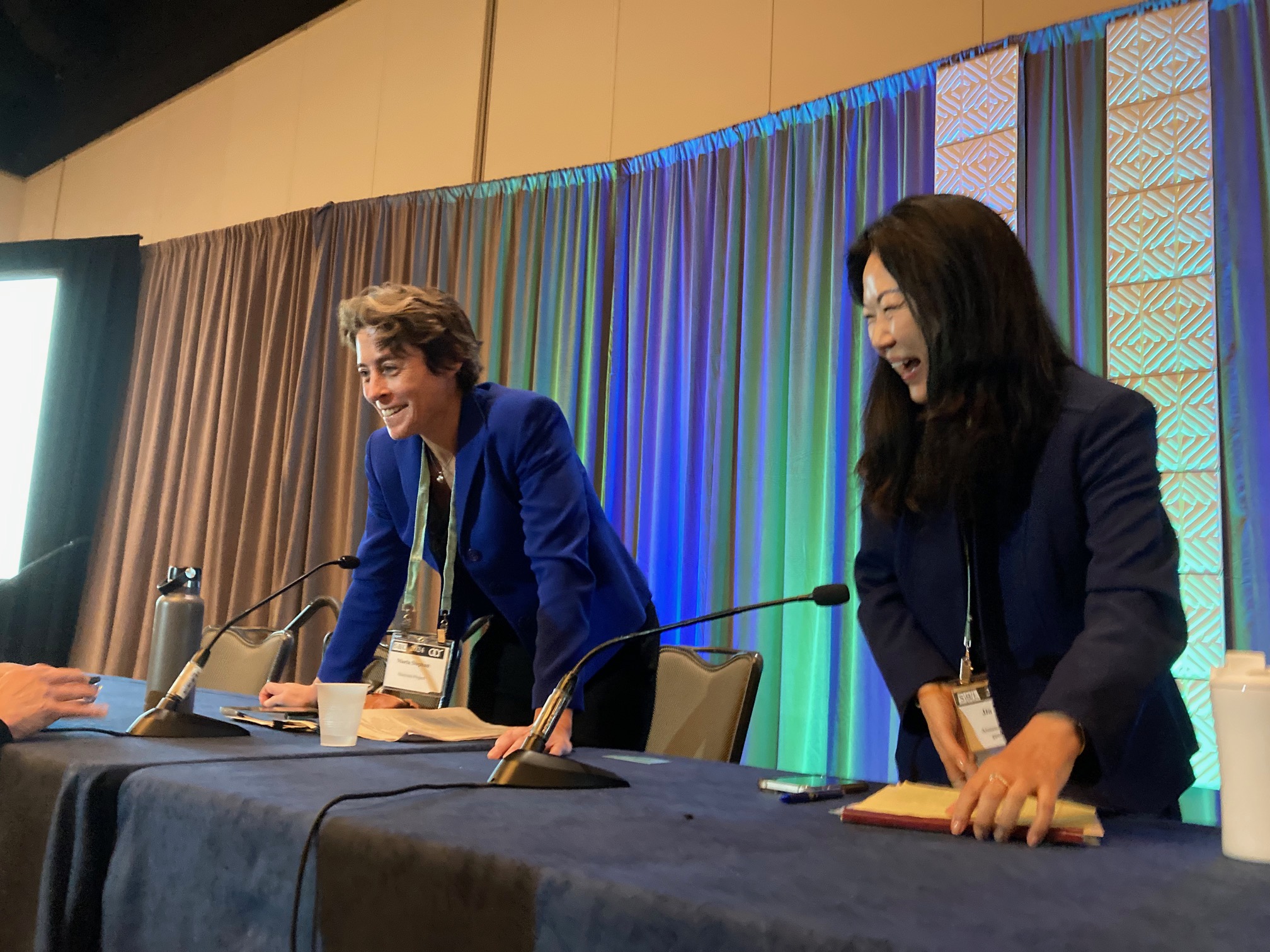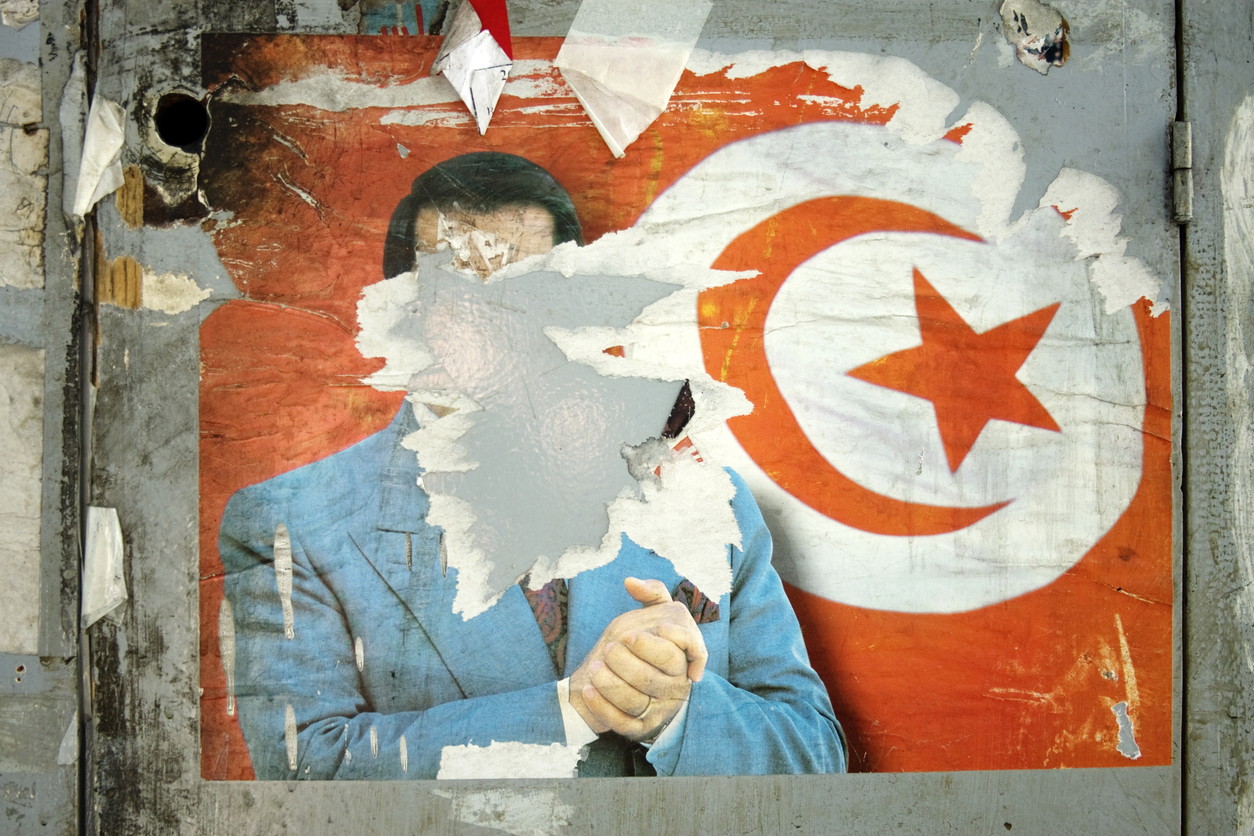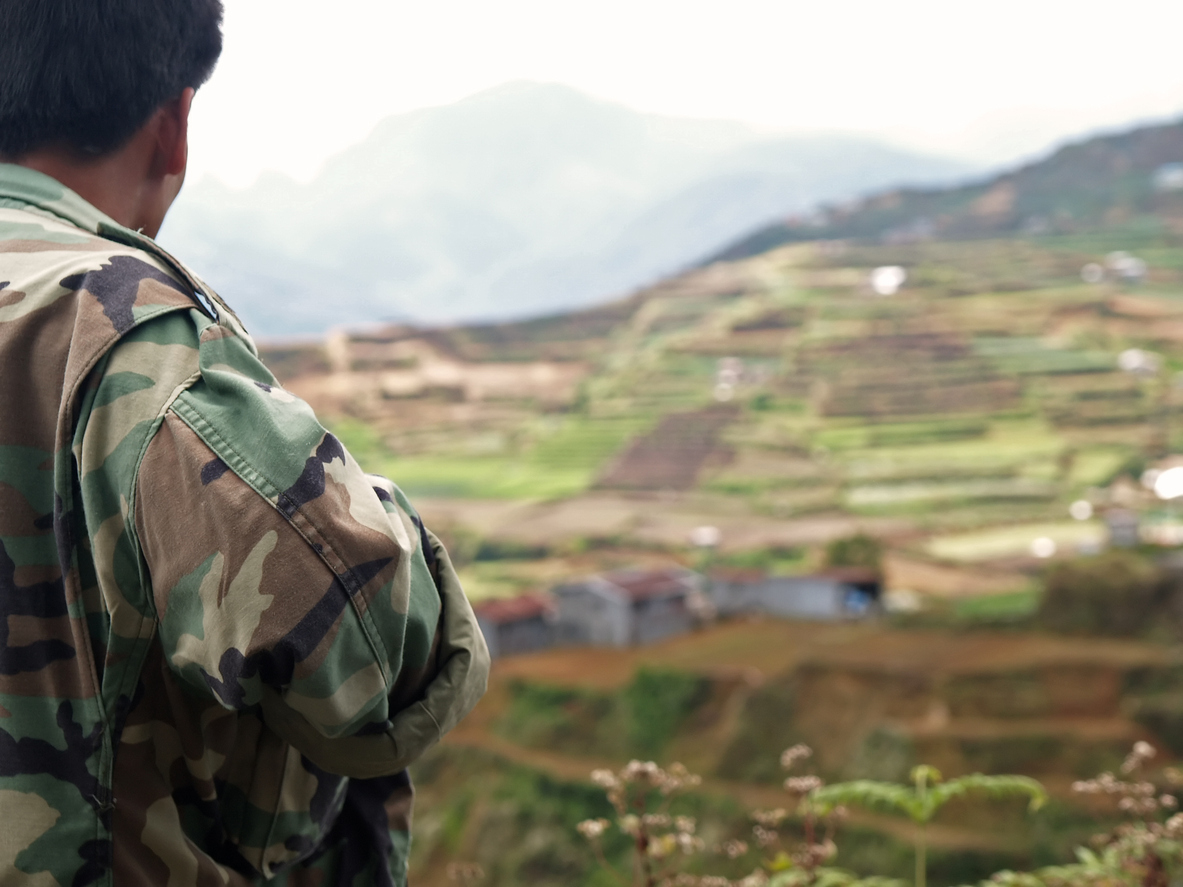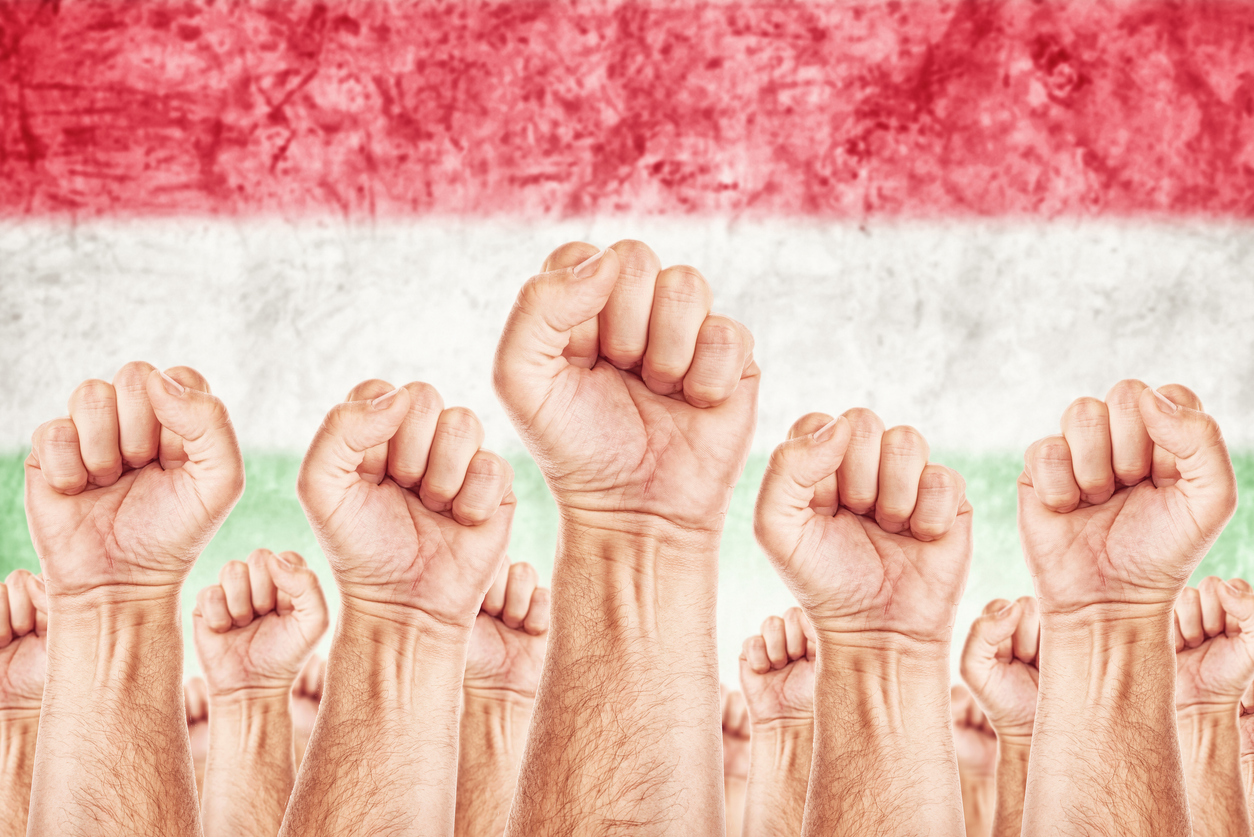Tag: Authoritarianism

Fascism and Isolation vs. Democracy and Interconnection: The Narrative Antidote to Authoritarianism
By Mónica Roa, PuentesOne way to understand our time is as a battleground of intense narrative disputes. On one side, the climate emergency, the impact of artificial intelligence on employment,...

Buddhist Monks Defect from Myanmar’s Military Dictatorship
Time Period: 2007Location: MyanmarMain Actors: Buddhist monks, All Burma Monks Alliance (ABMA)Tactics - Withholding or withdrawal of allegiance - Slogans, caricatures, and symbols - Assemblies of protest or support -...

Nonviolence in Action: Why Civil Resistance Works and the Role of Religion
Horizons Chief Organizer, Maria J. Stephan delivered this keynote address at the American Academy of Religion Annual Conference on November 24, 2024. Special thanks to Jin Y. Park, Professor and...

The Egyptian Military Defects During the Arab Spring
Time Period: 2011Location: EgyptMain Actors: The Egyptian MilitaryTactics - Withholding or withdrawal of allegiance - Mutinies by government personnel - Protective Presence Between 1981-2011 Egypt was under the authoritarian rule...

South African Clergy Support Early Defections from Apartheid
Time Period: 1948-1968Location: South AfricaMain Actors: Dutch Reformed Church in South Africa (DRC), Roman Catholic Archdiocese of Cape Town, Anglican Church of Southern Africa, Christian Institute of Southern Africa, South...

The Chilean Security Sector Defects from the Pinochet Dictatorship
Time Period: 1988Location: ChileMain Actors: Fernando Matthei (Air Force General), Rodolfo Stange (General Director of the Police), José Merino (Navy Admiral)Tactics - Withholding or withdrawal of allegiance - Mutinies by...

Tunisian Unions Support the Arab Spring
Time Period: 2010-2015Location: TunisiaMain Actors: Tunisian General Labour Union (UGTT)Tactics - General strikes - Protective Presence - Assemblies of protest or support Between 1987-2011, Tunisia was an autocracy ruled by...

Philippines Armed Forces Resist a Dictatorship
Time Period: 1982-1986Location: The PhilippinesMain Actors: Armed Forces of the Philippines, Reform of the Armed Forces Movement (RAM), Fidel Ramos, Juan Ponce EnrileTactics - Selective refusal of assistance by government...

Teachers in Hungary Oppose Democratic Backsliding
Time Period: 202-2024Location: Budapest, HungaryMain Actors: Tanítanék NGO, Hungarian teachers, students, and parentsTactics - Assemblies of protest or support - Human chains - Destruction of Government Documents Hungarian democracy has...

Brazilian Business Leaders Push Back on an Illiberal President
Time Period: 2019-2023Location: Brazil, especially Rio de JaneiroMain Actors: Federation of Industries of the State of São Paulo, Instituto Ethos, Sistema BTactics: - Declarations by organizations and institutions - Signed...
